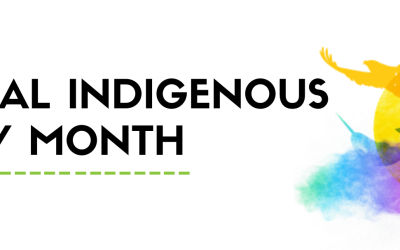For those not following Saskatchewan media, internal divisions within the Federation of Saskatchewan Indian Nations (FSIN) appear to be growing.
The dispute pits Guy Lonechild, chief of the FSIN, against the member First Nations of the organization, which have passed a motion of non-confidence in their leader.
Lonechild brought the action to the courts, however, and recently had the motion overturned. The judge ruled that the FSIN’s members did not follow their own rules in their actions. Also, the FSIN sub-commission which acted in removing Lonechild lacked authority to do so.
The decision to remove him was ostensibly about his ‘hiding’ a drunk driving conviction. Some of the chiefs say if they had known that beforehand, they wouldn’t have voted for Lonechild.
However, suspicions abound that the decision is politically-motivated, particularly in regards to attempts by the FSIN to improve governance at the First Nations University of Canada, which was previously wracked by scandals.
The problem, of course, is that the FSIN apparently violated its own rules and procedures, whether one believes politics was involved or not or whether the arguments made against Lonechild are valid or not.
This is a very bad example for Saskatchewan First Nations as good governance is based on the rule of law and checks and balances. This also makes a mockery of self-government if First Nations themselves don’t follow their own rules.
Part of the problem could be that the FSIN is comprised of and is elected by First Nation chiefs. Thus, it serves the institutional interests of chiefs. Recently, the Frontier Centre released a study that showed that most First Nation respondents from participating bands in Saskatchewan support all band members voting for the chief of FSIN, not just chiefs.
This may help remove some of the political interests of chiefs from the process.
Also, this shows once again why First Nations needs independent dispute resolution mechanisms with enforcement powers. When disputes like this arise, the default option is to go to the courts, which is costly, time-consuming and divisive. Ottawa needs to work with bands in establishing First Nation-led, independent adjudicators to resolve disputes.


